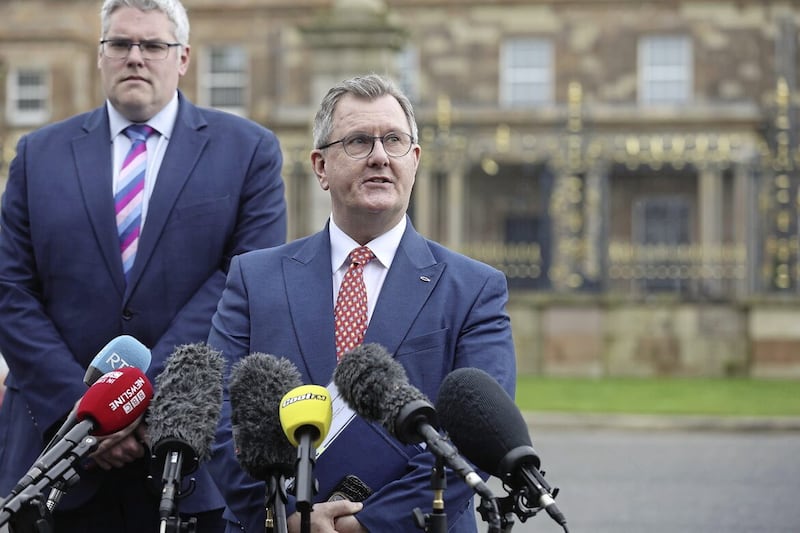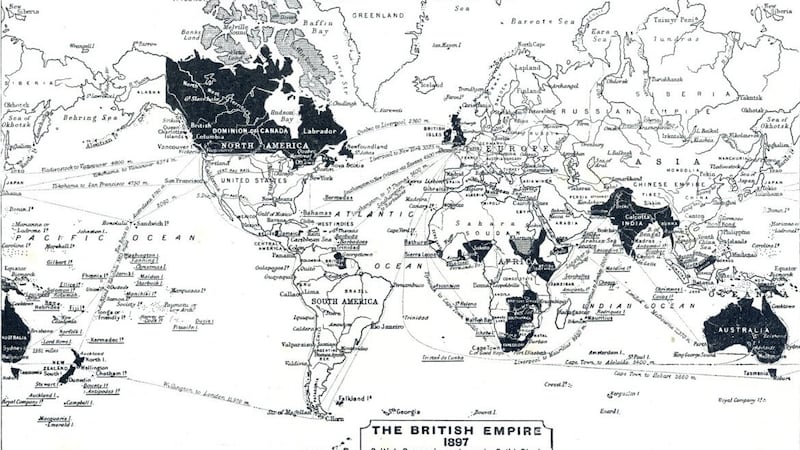In June 1958, newly returned to office, Charles de Gaulle flew to Algiers and spoke to a vast crowd of French colonists, maybe 250,000.
Some of their families had lived there since 1830 when the French invaded, colonised the region, and invented a place called Algeria. The crowd saw de Gaulle as a saviour. They were in raptures when he said: “Je vous ai compris.” (I have understood you).
It took some days for the penny to drop about de Gaulle’s ambiguity. He was speaking to all the people of Algeria, not just colons, or pieds noirs, but Muslims too. Soon he was talking of self-determination for Algeria: but how?
Algeria had been constitutionally part of France since 1848 and as such had attracted tens of thousands of French immigrants. Now, to their horror, the descendants of these immigrants realised the French government was leaving.
Self-determination for Algeria would mean the pieds noirs being swamped by the majority Muslim population. In a referendum in 1961, France (including Algeria) voted overwhelmingly to decolonise. The idea that Algeria was an integral part of France was a colonial fiction.
Read more:
Brian Feeney: Unionist leaders cannot turn back the clock
Brian Feeney: Arlene Foster's Ladybird view of Brexit, the EU and the Republic needs challenged
By the 1960s Britain was decolonising too after spending the 1950s slaughtering tens of thousands of people demanding independence in African and Asian colonies. As Harold MacMillan accepted in his 1960 ‘Winds of Change’ speech, the game was up.
The process of decolonisation continues today. It’s not simply a matter of gaining independence but shedding the trappings and remnants of the coloniser’s dominance. Thus, increasingly, former colonies in the Caribbean and probably Australia too are rejecting the anachronism of British monarchy as head of state.
Historian Stuart Wood in his comprehensive new book on the disintegration of the British empire, Untied Kingdom (quoted here last month), asks how far the process will go, what “being British” means in the modern world, and whether the separatist agenda in Scotland and Wales will lead to the fragmentation of the UK.
However, in a typically brilliant review of the book, Professor Brendan O’Leary, the foremost analyst of our predicament here, criticises Ward for “sidestepping the colonial question” when it comes to the position of the north in the UK.

As O’Leary points out, “the withdrawal of British support from white settlers in Kenya and Rhodesia and sudden withdrawals… set terrifying precedents” for unionists here. As he writes, “they had these fears because they knew their own standing derived from past settler colonisation”.
It is precisely these fears that drive unionist opposition to the Irish Sea Protocol. Despite it being smoothed, streamlined, it is still the Protocol and is being operationalised on schedule with a timetable for completion in 2025.
Curiously, the DUP want some form of words to assure them they’re still part of the UK even though the Protocol and trading border and adherence to EU – all their objections – will remain.

The fact is the north is not an integral part of the UK, never has been since the British invented it. Besides, hypocritically, unionists have always opted out of British legislation they don’t like, particularly on societal matters like sexual relations and abortion.
Most obviously, the north is the only part of the UK which has the option to vote itself out and into a reunified Ireland and EU. Ward ignores all these dynamics which would actually strengthen his case for the disintegration of the UK.
O’Leary predicts that “the rest of this decade is set to be an interregnum in which the twilight of the union of GB and NI will be visible”.
He paraphrases the Italian Communist thinker Antonio Gramsci who wrote: “The crisis [of society] consists precisely in the fact that the old world is dying and the new cannot be born. In this interregnum a great variety of morbid symptoms appear.”
O’Leary therefore concludes the Irish government must plan for “the contingent possibility of an irresponsible British withdrawal”. They’ve done it before.








